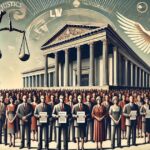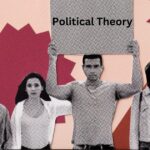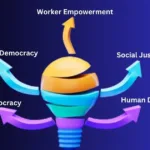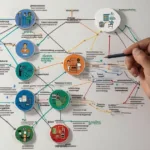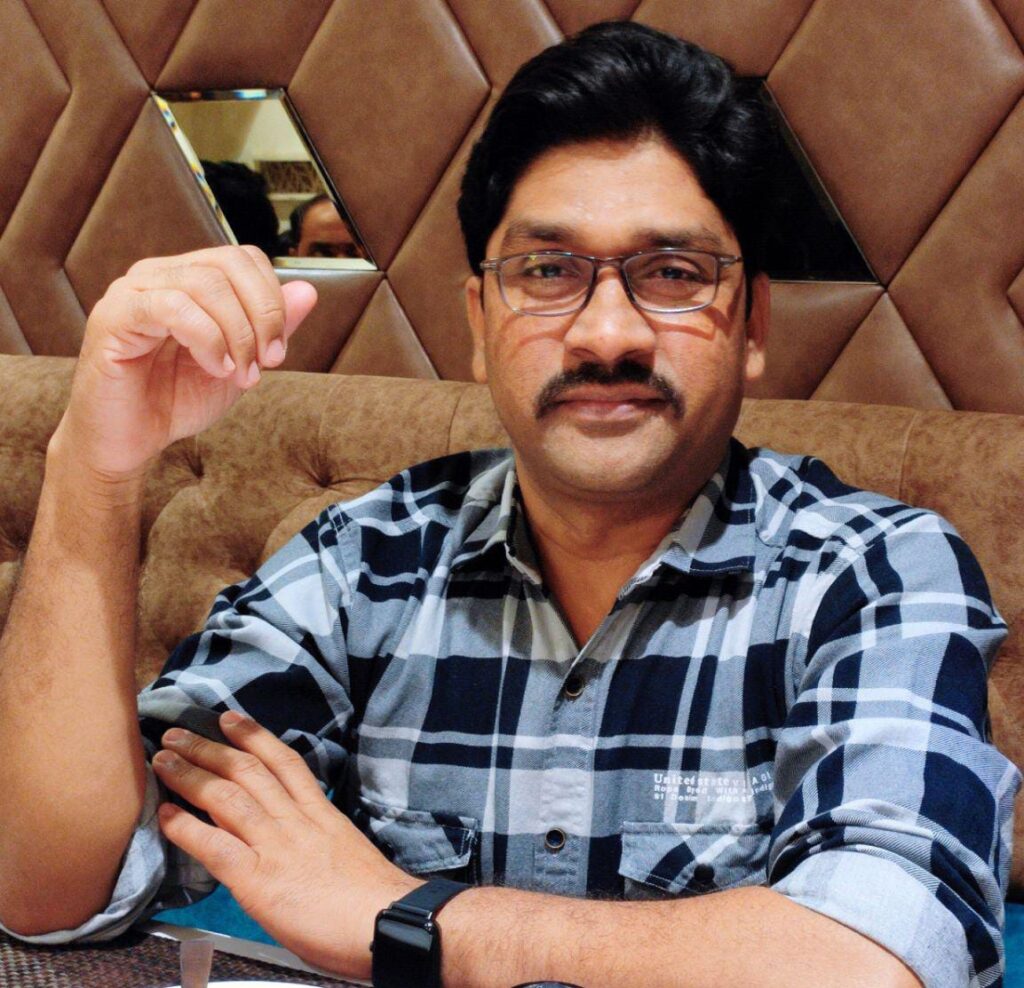Welcome to an in-depth exploration of Jean-Jacques Rousseau’s Theory of Social Contract. This socio-political doctrine has had a profound impact on modern democratic thought. Rousseau believed that the foundation of a just society lies in the relationship between individuals and government, and the mutual obligations that arise from this relationship.
In this section, we will provide a detailed analysis of Rousseau’s social contract theory and its relevance in contemporary society. We will delve into the complexities of his political philosophy and examine how it informs our understanding of democracy and governance.
Key Takeaways:
- Jean-Jacques Rousseau’s Theory of Social Contract is a significant socio-political doctrine.
- Social contract theory explores the relationship between individuals and government, and the obligations that arise from this relationship.
- Rousseau believed that a just society requires mutual obligations and responsibilities between citizens and the government.
- His political philosophy has had a profound impact on modern democratic thought.
- Understanding Rousseau’s social contract theory is crucial in comprehending the foundations of contemporary democratic systems.
Understanding Rousseau’s Political Philosophy
When it comes to political philosophy, Jean-Jacques Rousseau is a name that cannot be ignored. His ideas have had a profound impact on political theory and social philosophy, shaping the context of debates around democracy, individual rights, and the role of government.
At the core of Rousseau’s political philosophy is his belief in the importance of individual freedom and the need for social contract. For him, society is a product of human interaction and cooperation, and a legitimate government must be based on the consent of the governed. In his view, the state was not an end in itself but rather a means of ensuring the well-being of the people it served.
Rousseau believed that the state should be responsible for promoting the “general will” of its people and that the state must operate according to this will. This concept places the interests of the community above those of any individual or group. This aligns with his view that the state must be “socially responsible,” taking care of the disadvantaged in society, and promoting an equal distribution of resources.
Furthermore, Rousseau believed that the state had an obligation to promote individual freedom. He argued that the legitimacy of the state depends on its ability to provide a political framework that protects individual autonomy while enabling the community to function cohesively.
Overall, Rousseau’s political philosophy provided a framework for examining the nature of the state and the relationship between the state and the individual. His ideas were central to the Enlightenment period and have continued to shape political discourse and practice in the modern world.
The Concept of Social Contract
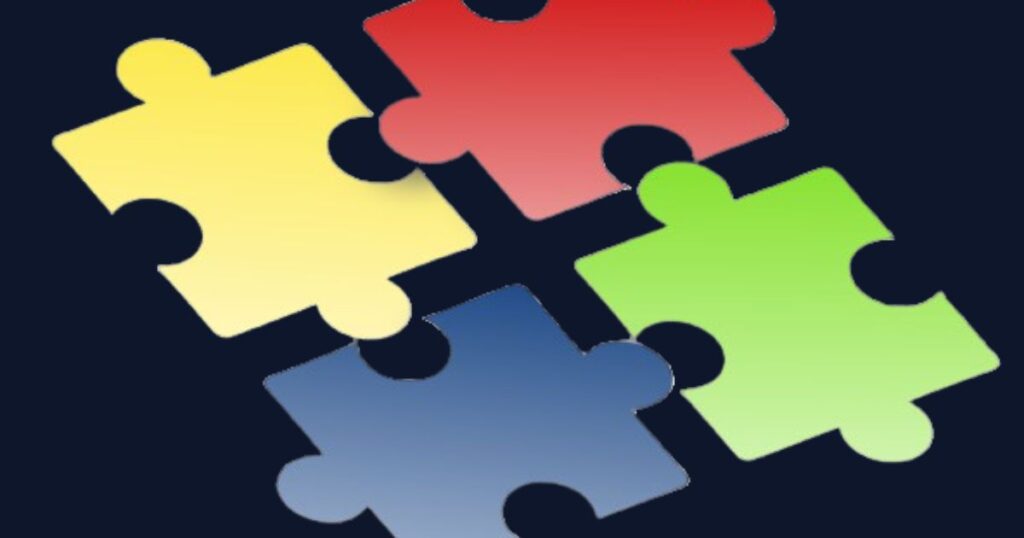
One of the key components of Rousseau’s social theory is the concept of the social contract. This refers to the agreement between individuals and the government, in which individuals give up certain freedoms in exchange for protection and mutual benefits within society. Rousseau believed that the state exists only to serve the people, and that the government should act in the best interests of the public as a whole.
The social contract theory explained in Rousseau’s writings argues that the source of the political authority of a state or a society is the collective will and agreement of its people. In other words, it is the people who bestow the power to govern upon the government, in exchange for the government’s protection and provision of services and infrastructure.
This theory is based on the idea that humans are social creatures and therefore, require a framework of rules and institutions to regulate their interactions with others. In Rousseau’s view, this social contract is a fundamental feature of a just society and a necessary precondition for individual freedom and empowerment.
The State of Nature
According to Rousseau’s theory, the state of nature refers to the hypothetical scenario of human existence without any form of social organization. In this state, individuals are free and equal, and there is no government or authority regulating their actions.
Rousseau’s philosophy suggests that in the absence of social structures, individuals are guided by their own self-interests, which leads to competition, conflict, and ultimately a state of war. The state of nature is thus characterized by chaos, violence, and insecurity.
It is in this context that Rousseau argues for the need for a social contract, as a means of establishing a just and harmonious society. He posits that individuals must come together and agree to form a society in which their rights and interests are protected, and in return, they must give up certain freedoms and submit to the authority of a government.
Rousseau’s social contract is a way of transcending the state of nature, and establishing a framework for individuals to live together in peace and security. It is an essential component of his political philosophy, as it defines the relationship between individuals, government, and society.
You Can Read: Discover State and Statecraft by Niccolo Machiavelli Today
The General Will and Popular Sovereignty
At the heart of Rousseau’s political thought is the concept of the general will. According to Rousseau, the general will is the collective desire or decision that is in the best interest of the community as a whole. This concept is distinct from the will of all individuals or the will of the majority. The general will is a higher and more rational form of decision-making, aimed at achieving the common good.
In a democratic society, the general will is expressed through the process of popular sovereignty. This means that the people are the ultimate source of political power, and their will should be the basis for all decisions made by the government. This involves ensuring that all individuals have equal political rights and a say in the decision-making process. Rousseau believed that this system would lead to a just and harmonious society, where the needs and interests of all individuals are respected and protected.
Challenges to the General Will
However, the concept of the general will has faced numerous challenges and criticisms throughout history. Some argue that it is impossible for a community to have a single general will, as there will always be disagreements and differing opinions. Others contend that the general will can be easily manipulated or corrupted by individuals or groups with more power or influence.
Despite these challenges, the concept of the general will and popular sovereignty remains a fundamental aspect of democratic societies and continues to inspire political discourse and activism around the world.
Obligations and Rights under the Social Contract
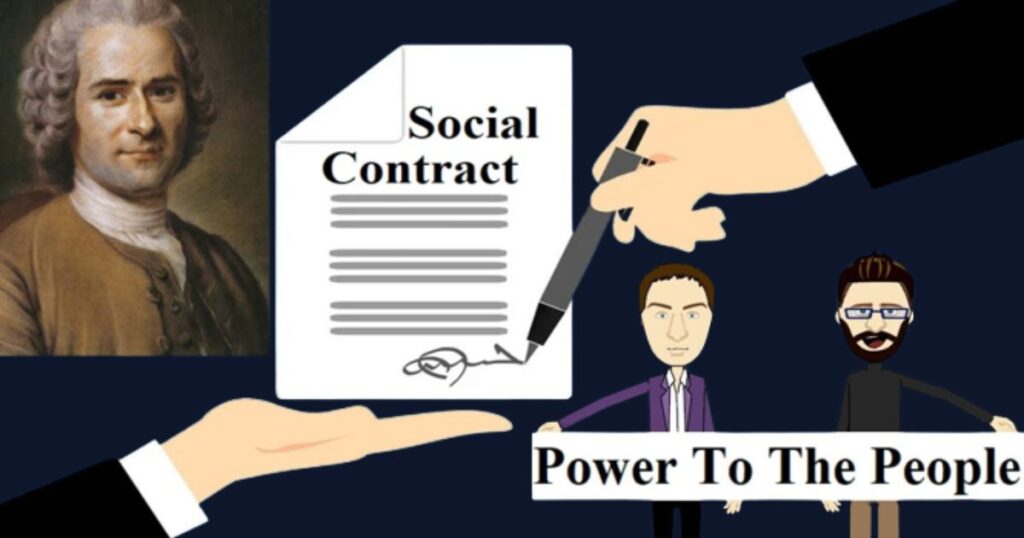
According to Rousseau’s Theory of Social Contract, the social contract creates a reciprocal relationship between the government and its citizens. Individuals give up certain freedoms in exchange for protection and mutual benefits within society. The government, in turn, has the obligation to protect the rights and interests of its citizens.
Under Rousseau’s contract theory, individuals have the right to participate in the decision-making processes of their society. This right is expressed through the concept of the general will, which represents the common good of the community. The government is obligated to act in accordance with the general will, and to ensure that individual rights and liberties are not violated in the process.
Additionally, individuals have the right to resist unjust laws or actions taken by the government. This right is derived from the idea that the government exists solely to serve the interests of the people, and as such, the people have the right to remove or replace a government that fails to fulfill its obligations.
On the other hand, the government has the obligation to protect the rights and interests of its citizens, and to maintain a just and harmonious society. This includes enforcing laws and regulations that promote the general will, as well as ensuring that individual rights and liberties are not infringed upon.
In summary, Rousseau’s Theory of Social Contract creates a reciprocal relationship between the government and its citizens. Each party has obligations and rights that arise from the social contract, which are necessary for maintaining a just and harmonious society.
Critiques and Challenges to Rousseau’s Theory
Despite its enduring influence, Rousseau’s Theory of Social Contract has faced numerous critiques and challenges throughout history. Some of these criticisms have been directed towards Rousseau’s political philosophy and its practical implications.
One of the main criticisms of Rousseau’s social theory is related to his concept of the general will. Critics argue that the idea of a collective will that reflects the interests of all individuals in society is impractical and that it can be easily manipulated by those in power. Others suggest that the emphasis on the general will ignores the importance of individual rights and liberties.
Another challenge to Rousseau’s Theory of Social Contract is related to its applicability to modern societies. Some argue that the social contract theory, as proposed by Rousseau, is insufficient in accounting for the complexities of contemporary societies, such as globalization and technological advancements. Critics also suggest that Rousseau’s theory fails to address issues of economic inequality and the role of the state in regulating markets.
Additionally, some have challenged Rousseau’s political philosophy on the grounds that it is inherently authoritarian. Critics argue that the social contract theory allows for the concentration of power in the hands of a few individuals, effectively establishing a form of dictatorship in the name of the common good.
Despite these critiques and challenges, Rousseau’s Theory of Social Contract remains one of the most influential political doctrines in history. Its examination of the relationship between individuals, government, and the pursuit of a just society continues to inspire philosophical and practical debates.
Influence of Rousseau’s Theory on Democracy
Jean-Jacques Rousseau’s Theory of Social Contract had a profound impact on the development and understanding of democracy. His ideas about the nature of individuals, society, and government influenced the formation of modern democratic systems.
At the heart of Rousseau’s Theory of Social Contract lies the concept of popular sovereignty, which asserts that the people are the ultimate source of political power. This idea became a cornerstone of democratic governments and formed the basis for the development of representative democracies.
Rousseau’s emphasis on the importance of the general will also shaped the decision-making processes within democratic societies. The general will represents the collective desires and interests of the people, and is used to guide government policies and actions.
Furthermore, Rousseau’s focus on the reciprocal obligations and rights arising from the social contract reinforced the principles of justice and equality within democratic societies. The government is responsible for protecting the rights of its citizens, while individuals have a duty to comply with the laws and regulations set forth by the government.
Rousseau’s Theory of Social Contract continues to influence modern-day political discourse and has become a fundamental element of contemporary political theory. The emphasis on popular sovereignty, the general will, and the reciprocal responsibilities of individuals and government are essential components of democratic systems.
In conclusion, the influence of Rousseau’s Theory of Social Contract on the development and understanding of democracy cannot be overstated. His ideas have helped shape modern democratic systems and continue to resonate in contemporary political discourse.
Contemporary Applications of Rousseau’s Theory
While Jean-Jacques Rousseau’s Theory of Social Contract was first introduced in the 18th century, its principles continue to influence modern political and social movements today. One contemporary application of Rousseau’s theory is the concept of contractarianism, which emphasizes the voluntary agreement between individuals and society.
Rousseau’s political theory also highlights the importance of popular sovereignty and the general will in democratic decision-making processes. This has been applied in various ways, such as grassroots movements that prioritize collective decision-making and participatory democracy.
Furthermore, Rousseau’s focus on the reciprocal obligations and rights that arise from the social contract has influenced modern discussions on social justice and human rights. This is evident in movements that seek to address systemic inequalities and promote individual rights and freedoms.
Overall, the enduring relevance of Rousseau’s Theory of Social Contract in contemporary society demonstrates the ongoing need for thoughtful and rigorous examination of the relationship between individuals, government, and society.
Rousseau’s Theory and Modern Challenges
Despite being formulated over two centuries ago, Rousseau’s Theory of Social Contract still remains relevant in addressing modern challenges faced by societies worldwide.
One of the major contemporary challenges that Rousseau’s theory addresses is globalization. The concept of social contract emphasizes the importance of individuals coming together to create a just society. In a globalized world, where geographical boundaries are becoming increasingly blurred, this idea becomes more important than ever in fostering a sense of unity and solidarity among individuals.
Another challenge that Rousseau’s theory speaks to is inequality. The social contract recognizes the inherent differences in individuals but stresses the importance of equality in the eyes of the law. This principle is especially crucial in modern societies, where the gap between the rich and poor continues to widen.
Finally, the social contract offers insight into the role of technology in shaping modern societies. Rousseau’s theory emphasizes the importance of individuals giving up certain freedoms for the greater good of society. In the age of technology, where individual privacy and freedom can be compromised, understanding the limits and obligations of the social contract becomes even more critical.
Overall, Rousseau’s Theory of Social Contract offers valuable insights into contemporary political and social challenges. Its emphasis on creating a just and equal society through collective action remains relevant today, making it an essential contribution to political philosophy.
Conclusion
In conclusion, Jean-Jacques Rousseau’s Theory of Social Contract remains a significant and influential socio-political doctrine. Its exploration of the relationship between individuals, government, and the pursuit of a just society continues to resonate in contemporary political discourse. Rousseau’s political philosophy, including his concept of the social contract and the general will, has had a profound impact on the development and understanding of democracy.
However, Rousseau’s theory also faces critiques and challenges, including concerns about individual rights and the potential for a tyranny of the majority. As society continues to evolve and face new challenges such as globalization and technological advancements, it is important to critically examine and apply Rousseau’s ideas to address these issues.
Applying Rousseau’s Theory to Modern Challenges
Rousseau’s Theory of Social Contract provides a framework for addressing modern challenges such as inequality and the role of technology in shaping society. His emphasis on the general will and popular sovereignty can inform decision-making processes in democratic societies, allowing for a more equitable distribution of resources and opportunities.
Furthermore, Rousseau’s concept of the social contract can be applied to global issues such as climate change and the refugee crisis, emphasizing the responsibilities of both individuals and governments to work towards a common good.
Overall, Rousseau’s Theory of Social Contract offers valuable insights and solutions to contemporary socio-political challenges, and its continued examination and application are essential for creating a just and harmonious society.
FAQ
Q: What is Jean-Jacques Rousseau’s Theory of Social Contract?
A: Jean-Jacques Rousseau’s Theory of Social Contract is a socio-political doctrine that explores the relationship between individuals and the government. It proposes that individuals willingly enter into a social contract where they give up certain freedoms in exchange for protection and mutual benefits within society.
Q: What is the significance of Rousseau’s Theory of Social Contract?
A: Rousseau’s Theory of Social Contract has had a profound impact on the development and understanding of democracy. It emphasizes the idea of popular sovereignty and the importance of the general will in decision-making processes within a democratic society.
Q: How does the concept of the state of nature relate to the social contract?
A: According to Rousseau, the state of nature represents the hypothetical scenario of human existence without any form of social organization. It serves as a foundational concept in understanding the need for a social contract, as it highlights the potential chaos and conflict that can arise without a mutually agreed-upon set of rules and governance.
Q: What are the obligations and rights under the social contract?
A: The social contract entails reciprocal obligations and rights for both individuals and the government. Individuals are obligated to follow societal rules and contribute to the common good, while the government is responsible for providing protection and maintaining a just and harmonious society.
Q: What are some critiques of Rousseau’s Theory of Social Contract?
A: While Rousseau’s Theory of Social Contract has been influential, it has also faced criticism. Some argue that his ideas rely too heavily on a hypothetical state of nature and overlook the complexities of human nature and society. Others question the feasibility of achieving the general will in practice.
Q: How does Rousseau’s Theory of Social Contract influence democracy?
A: Rousseau’s Theory of Social Contract has significantly shaped the understanding and development of democracy. It emphasizes the importance of popular sovereignty and the participation of individuals in decision-making processes, contributing to the establishment of democratic systems around the world.
Q: Are there contemporary applications of Rousseau’s Theory of Social Contract?
A: Yes, Rousseau’s Theory of Social Contract continues to have contemporary applications. It has influenced political and social movements that advocate for greater citizen participation, social justice, and the protection of individual rights.
Q: How does Rousseau’s Theory of Social Contract address modern challenges?
A: Rousseau’s Theory of Social Contract provides a framework for addressing modern challenges such as globalization, inequality, and the impact of technology. It underscores the need for collective decision-making processes, the preservation of individual liberties, and the pursuit of a just society in the face of these challenges.
People Also Read: Rousseau’s General Will Concept


